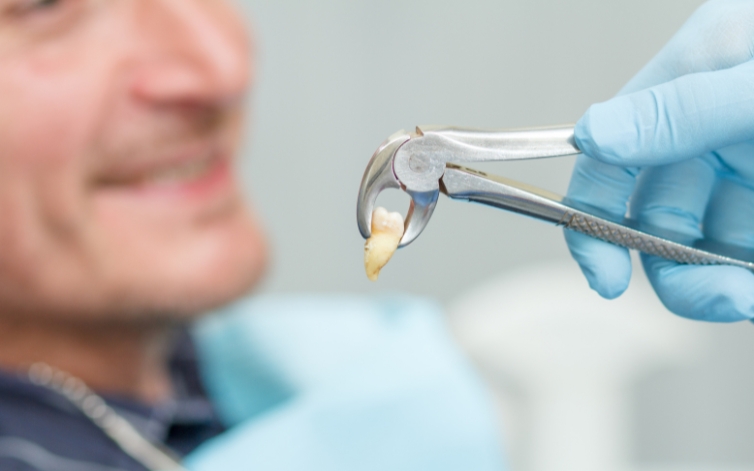Tooth extraction is not a cakewalk to be enjoyed. Whether it’s a simple or surgical extraction, your body requires time to heal. The healing process may seem like a game of hurry up and wait. However, the right amount of rest is the solution.
It depends on how much rest you need. However, your dentist can help you through the process.
Necessities of Rest After Tooth Extraction
Rest is an essential part of the healing process after tooth extraction. Resting significantly reduces swelling, avoids complications, and aids tissue healing. Forgetting rest leads to problems such as infections, delayed healing, or even a painful dry socket.
Without recovery, your body might not heal properly, and may lead to unwanted pain and delays. When you provide your body with the rest it needs, it will help you get a smoother and faster recovery.
Normal Schedule of Rest After Tooth Extraction
It is to be stated that complete rest is imperative immediately after tooth extraction Oak Forest. You must stay away from heavy exercise, elevate your head, and apply a cold compress to decrease swelling in the initial 24 to 48 hours.
Consider keeping your activity level in check for the first week after the dental procedure. You can follow light duties only, and avoid any exercise or heavy lifting to prevent stressing your healing area.
Furthermore, you may slowly get back to your usual routine within 2 to 3 weeks. You can avoid engaging in strenuous activities, such as running or intensive workouts, during this period.
Normal activities can be resumed by most individuals after 3 weeks unless complications arise. You should always stick to your dentist’s recommendation if you’re unsure.
Factors Affecting Recovery Time
Recovery time varies. Whether you have a simple or surgical extraction impacts how long you must rest. Age is also a significant factor. Younger patients recover more quickly. General health, such as diabetes or a compromised immune system, has the ability to slow recovery.
Finally, following your dentist’s post-extraction instructions has a significant impact on the healing process. All of these factors influence the amount of rest you need after a tooth extraction.
Indications You Need to Rest More
If pain or swelling persists after the normal recovery period, you must take it as a cue to rest longer. Abnormal symptoms such as heavy bleeding, fever, or signs of infection could be a sign of complications. If this occurs, it is essential to contact your dentist immediately. Worsening or prolonged symptoms might mean that your body requires more time to heal, or there could be an underlying problem that needs professional care.
Rest is significant and necessary for a smooth recovery after tooth extraction. Although healing times differ, you must take the right amount of rest that helps prevent complications and ensures a quick recovery.
Remember, always obey your dentist’s instructions and comply with their post-extraction requirements. In case you are not sure of your healing process or have some issues, don’t hesitate to contact our dentists. Your recovery will appreciate it.

